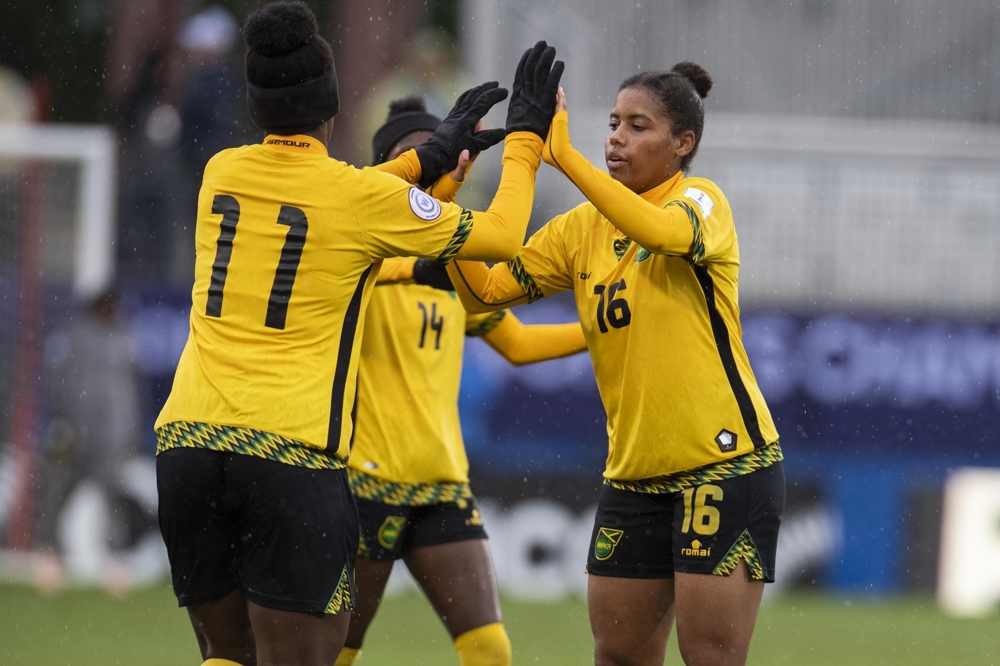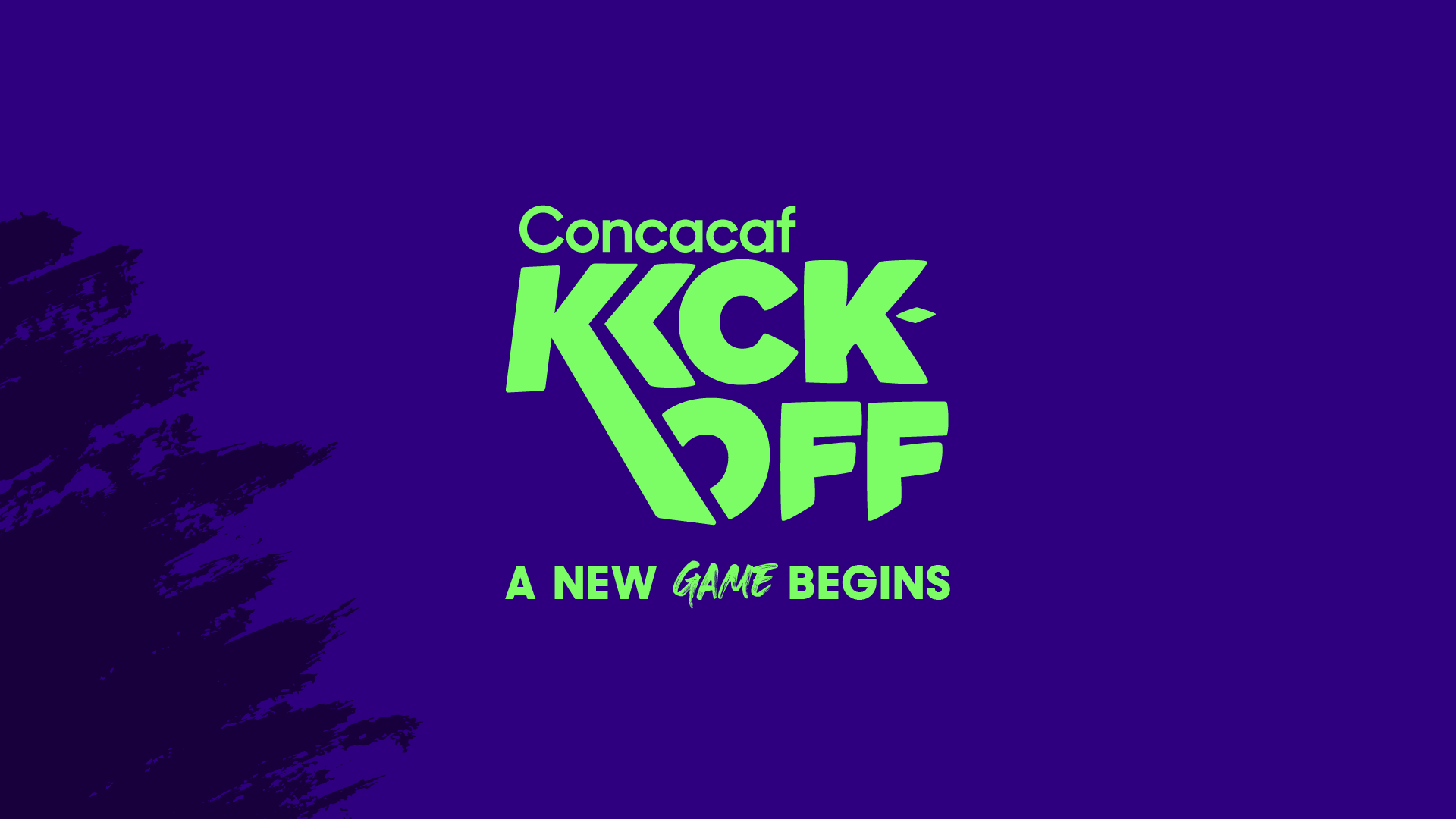MIAMI, USA --- Truth is, there is no great mystery or stroke of genius behind how Jamaica’s women’s footballers got their cool name, the Reggae Girlz.
Simply put, it was the answer to the popular reference to their male counterparts, the Reggae Boyz.
Jamaica’s senior men’s footballers made the name famous, and the world came to know it when they historically qualified for the FIFA World Cup of France in 1998.
Apart from the fact that it has an easy ring to it, it was also perfect in the sense that it captured a very key component of the Jamaican culture --- reggae music.
Reggae, a music form that started in the island somewhere in the 1960s and was taken globally by its king and leading exponent Bob Marley, is a precious gem of the unique Jamaica experience.
Marley’s music is known to have magnetized the peoples of the world, especially those disenfranchised and alienated by opposing views on politics, race, religion and love. His poignant lyrics that challenged systems of oppression offered hope and gave those people anthems of liberation that fired the soul and conscience.
In Jamaica, music --- reggae in particular ---and football co-exist in a social marriage, for they are the two things that the common man can relate to and are avenues for expressing talent and point of view.
Marley, who died of cancer at age 36 in 1981, was fanatical about both. His passion for football and music was so intense that it was hard to separate the two loves, so he found a way to carry both in his heart.
Even today, musicians would spend a lot of time playing the game, and have been known to participate in charities matches or have organized competitions in their communities of origin as means of uniting mostly young men polarized by violence.
Has it has been proven over the years, football and reggae music have been a great social healer and are inextricably woven into the fabric of Jamaican life.
In other words, they can be seen to be one and the same. Football, plus reggae: One love!
While it appeared natural that the national football teams’ nicknames would have the word reggae in them, it was friends from a distant land who first coined the phrase “Reggae Boyz”.
As told by many who made the trip, the Jamaican men’s football team first got the name when they arrived at the airport in Lusaka in 1995 for two friendly matches against host Zambia as the Caribbean side built towards France ‘98.
Jamaica lost 1-0 and 4-2, in matches played in Kitwe and Lusaka in November of that year.
“When we arrived there [Zambia] and exited the airport a large crowd of people welcomed us and was chanting ‘Reggae Boyz, Reggae Boyz’, and that’s how the team got the name,” recalled the team’s coach at the time, the Brazilian Rene Simoes.
“After that we accepted the name because we loved it. At first, it was spelled ‘Reggae Boys’, but we found out that someone had that name registered, so we moved the ‘s’ and added the ‘z’,” the Brazilian explained from his home in Rio de Janeiro recently.
In the ensuing years as women’s football started to grow on the island, it too wanted a catchy name as the men’s team.
But no one lost sleep over coming up with a name: If you have the Reggae Boyz, why not have some Reggae Girlz? And there it was: natural, fitting and trendy.
And Jamaica’s female footballers wear the name with immense pride because, more than anything else, it reflects a part of the Jamaican culture in a glorious way.
“It’s absolutely the best name as everyone loves Jamaica, everyone loves Jamaicans, plus the name just fits our vibe perfectly,” beams Girlz midfielder Marlo Sweatman.
“I think a lot of people catch on with the name and associate it with Bob Marley, the calm and coolness or Jamaica, the music and everything everyone loves about Jamaica is really summed up in the name ‘Reggae Girlz’, and I think this gives people an automatic attraction to us as a team,” added the France 2019 World Cup veteran.
“I am extremely proud and honored to be called a Reggae Girl,” Sweatman told concacaf.com.
The allure of football and reggae as a mix cannot be denied, and in an act of fate, the eldest child of Bob Marley, Cedella Marley, was magically pulled to the Reggae Girlz cause as its brand ambassador and private benefactor.
In addition to the outstanding leadership of the governing Jamaica Football Federation, technical team, sponsors and support staff, Cedella Marley and her foundation were credited for their role in the Girlz’ historic qualification to France 2019, the first for a Caribbean nation.



















